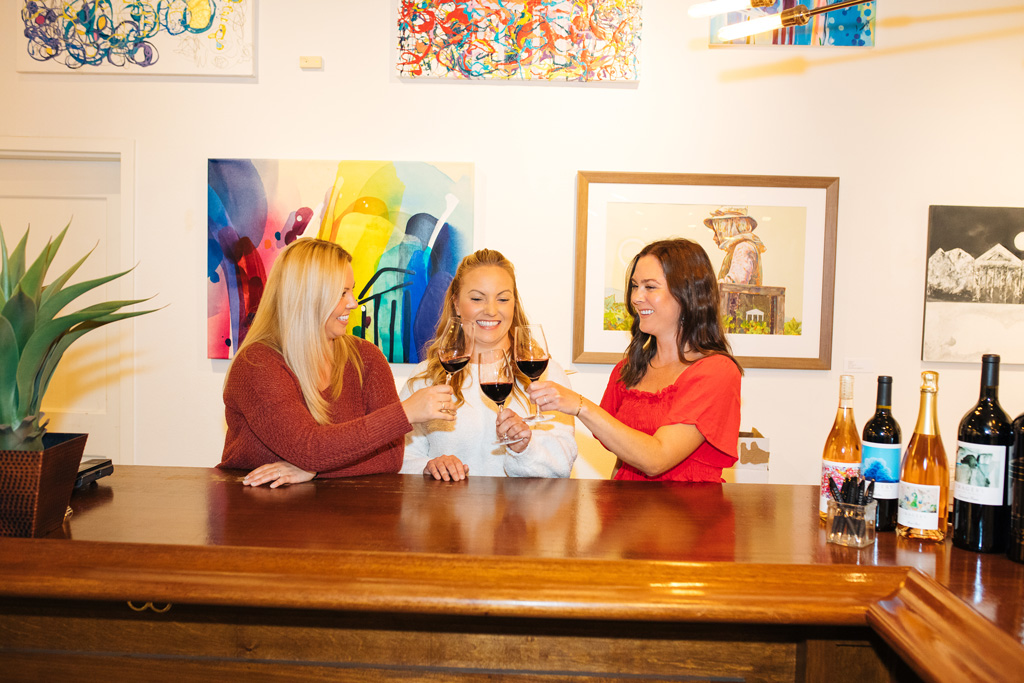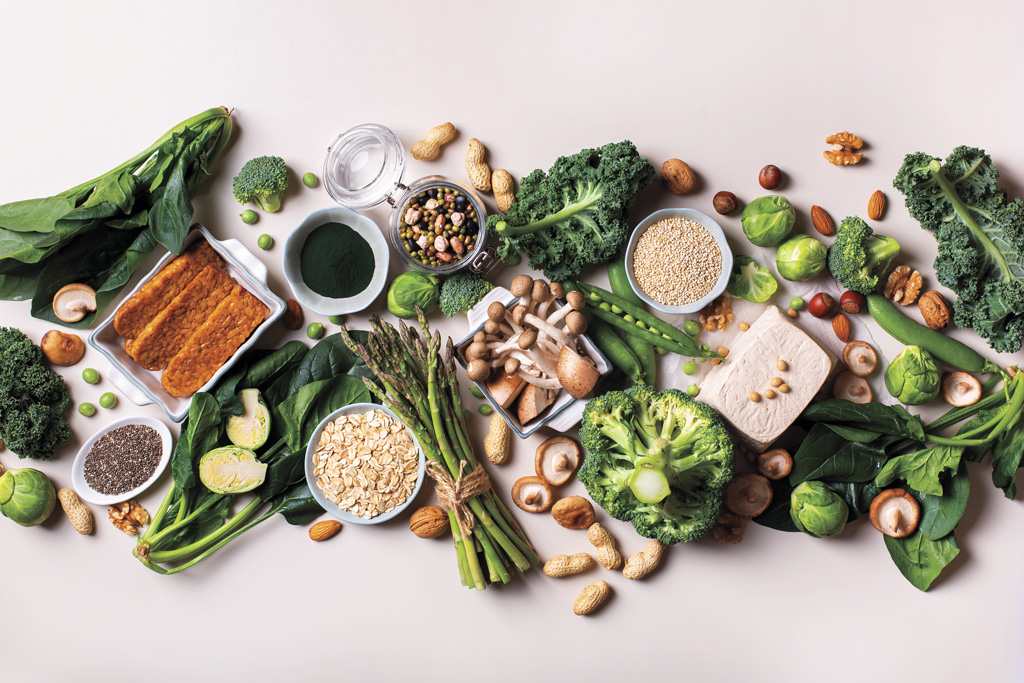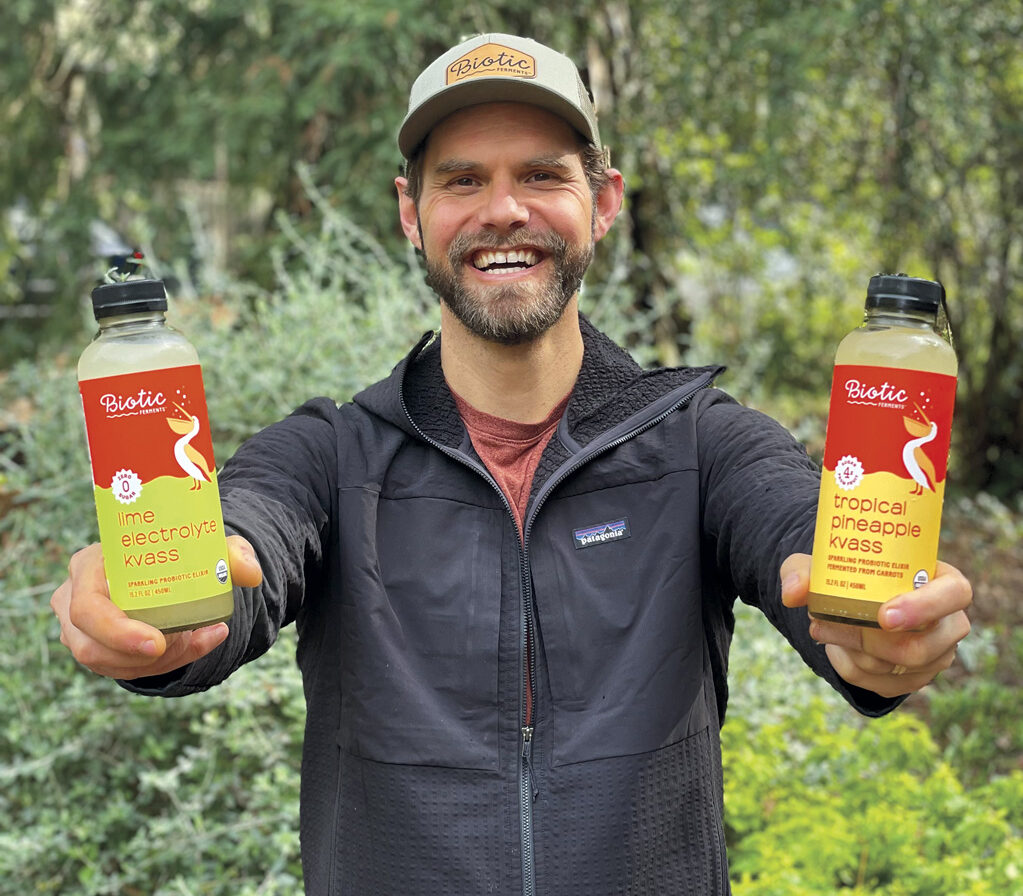Food & Drink
Marinites New Venture: Kona Earth Coffee
 Kona Earth founders Steve and Joanie Wynn (photo courtesy of Kona Earth)
Kona Earth founders Steve and Joanie Wynn (photo courtesy of Kona Earth)After 30 years in video production, the Emmy-winning duo Joanie and Steve Wynn had a case of pandemic doldrums and decided to pack in their known way of life in Marin for a change. Having long had ties to Hawaii, they opted for a big change on the Big Island where they could acquire a little bit of land. So, when Steve said, “What if we cash out everything and become coffee farmers?” it didn’t take much for Joanie to get on board. Joanie adds, “We’re not going to settle into pre-retirement. We want to totally shake it up.”
Many people have grabbed a bag of Kona coffee — one of Hawaii’s prized exports — at the airport, brewed it up, and had a less-than-transcendent experience. That may be because many coffees labeled as Kona may have as little as 10 percent of the precious bean in the mixture. That’s a little like buying a two-buck Chuck and calling it a Napa cabernet. Hawaii coffee makes up only .04 percent of the world’s coffee, while Kona coffee is exclusively grown in the Kona Coffee Belt on the Big Island’s western coast. “It has a completely unique flavor,” says Steve. “And most people have probably never tried it.”
Kona Earth is a family-run operation, with Steve manning the fields and Joanie managing the marketing and sales. While the property has long been an operational farm — the Wynns bought it from another couple who had left the Bay Area almost two decades earlier — this harvest is the Wynn’s first. They’re offering three 100 percent Kona products direct to consumers on their website, including a Kona Classic, Extra Fancy and Kona Peaberry variety.

Like most of life’s best things, Kona coffee doesn’t come cheap. It’s meant to be savored, not guzzled. Steve suggests that more education is needed to help people achieve the perfect cup, which requires buying a good coffee grinder, using the right ratio of beans to water, and adapting your technique based on your preferred brewing method, such as French press or pour-over.
Though Hawaii can be notoriously resistant to outsiders, Joanie says “the farming community is small, welcoming and open.” Kona Earth is one of about 600 farms in the region, many of them also family-run. This collaborative environment aligns with the Wynns’ desire to give back to their community, which they are doing with their Care in Every Cup program, in which a percentage of proceeds from Kona Earth go to the Kohala Center. “They do wonderful work to support local farms and small agricultural businesses. They also run educational programs to develop the next generation of farmers and work extensively in educating the public about the importance of reef protection,” says Joanie. “With time, we hope to offer our farm as a learning laboratory to students interested in coffee farming.”
It may be pure coincidence that Kona coffee was first planted in Hawaii by a 19th-century Spaniard with the last name Marin, but it turns out the good-natured farm-to-cup operation at Kona Earth is just about as Marin as you can get. The couple ran their video production business out of a Sausalito houseboat before moving it to Muir Beach, and Steve, who graduated from Redwood High and was a volunteer fire chief in Muir Beach for a number of years, says their new life on the Big Island reminds him of his youth here — friendly people and a focus on being active outdoors. We can all raise a cup to that.









